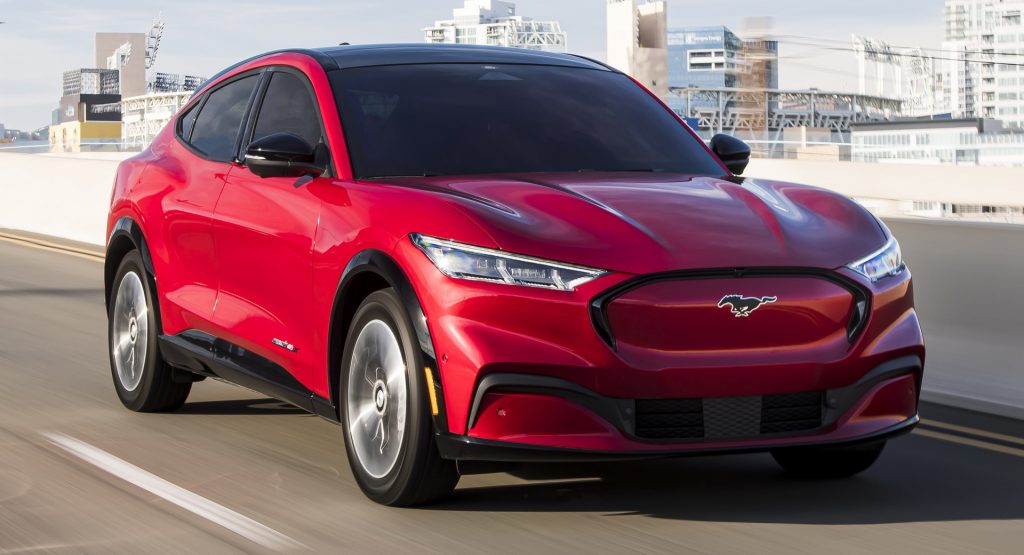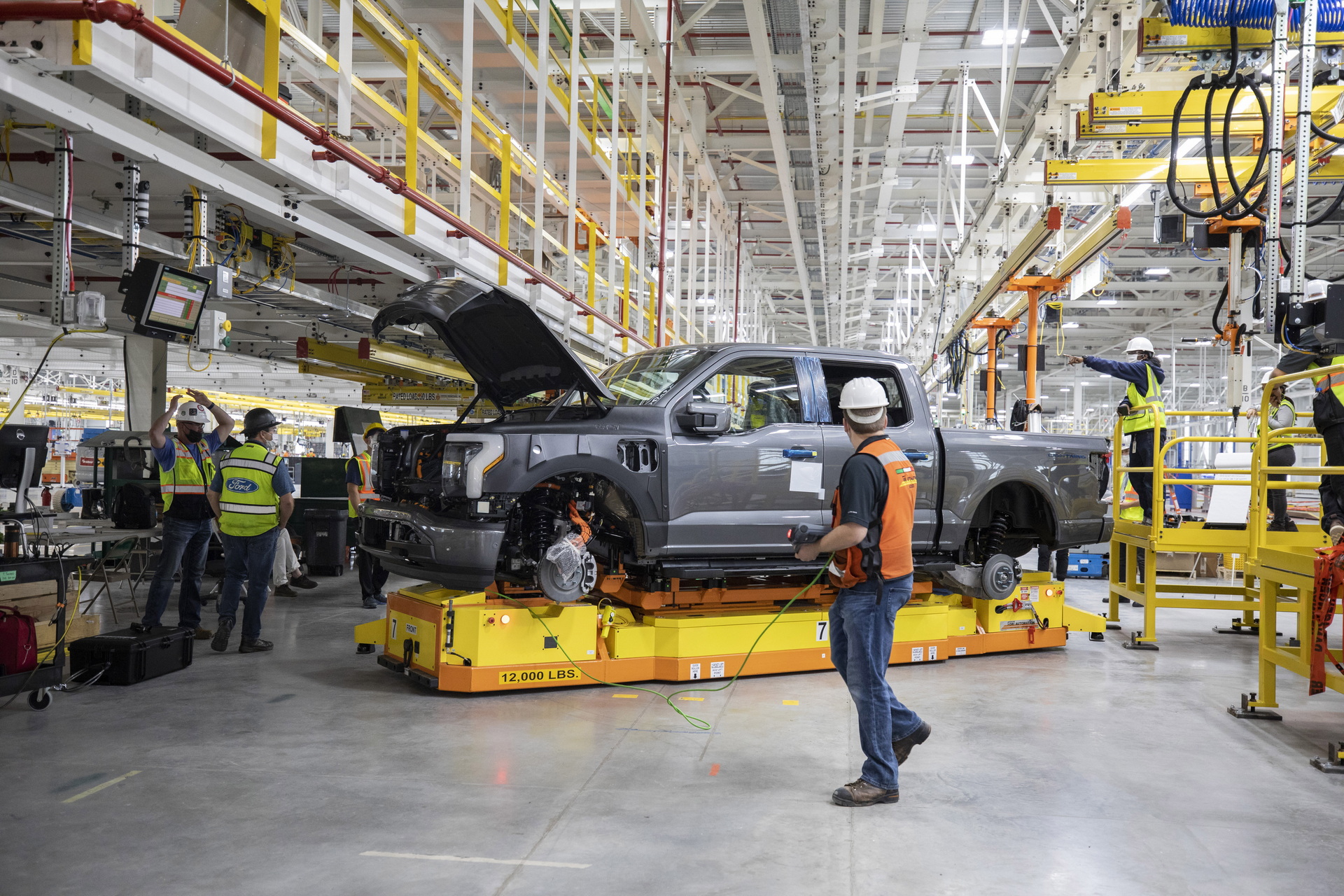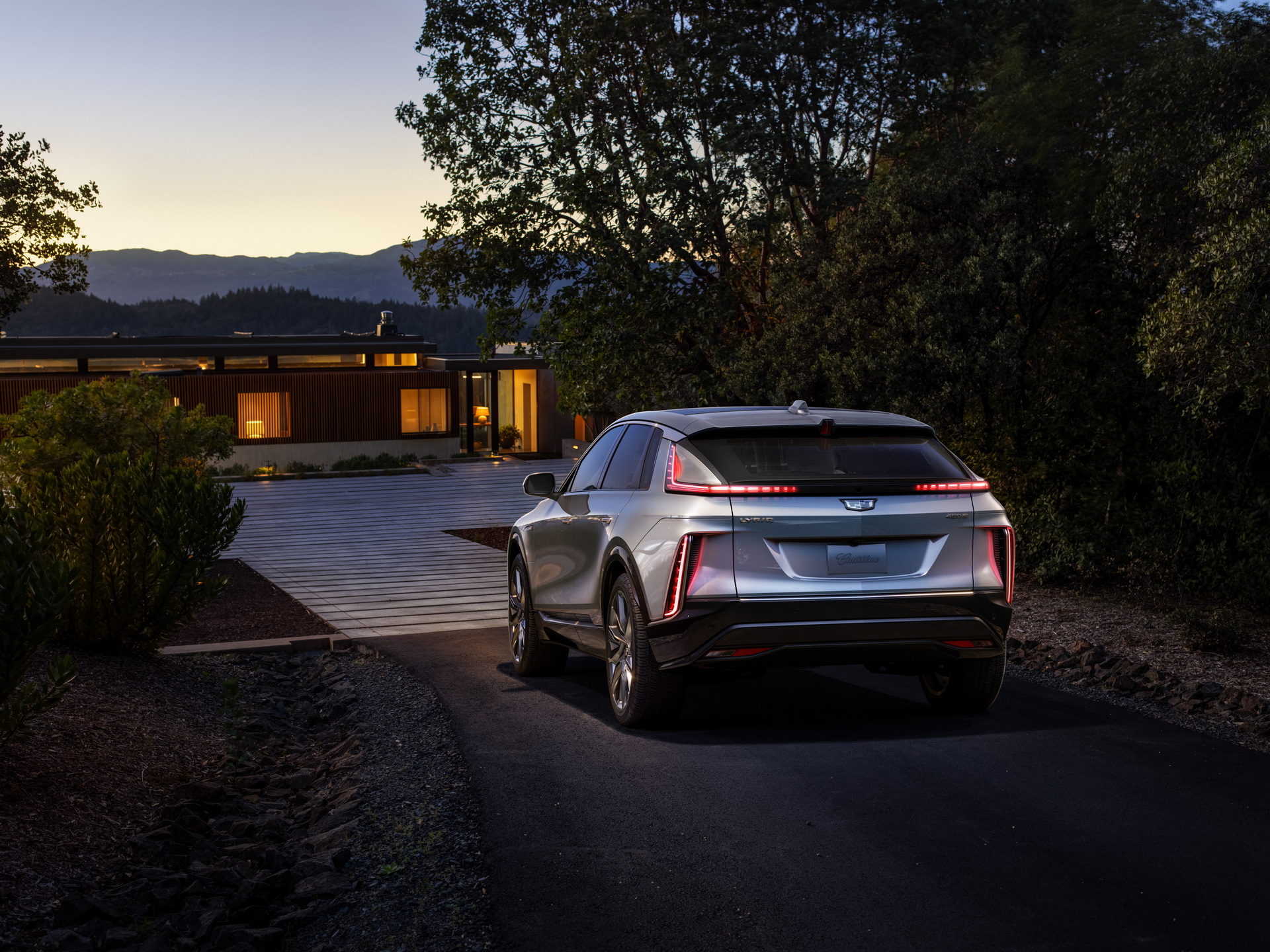Democrats in the U.S. House of Representatives have released an updated social spending and climate measure that will allow more vehicles to be eligible for EV incentives. The proposal, though, would lower income limits for buyers.
The update would raise the upper limit for eligible electric vans, SUVs, and pickup trucks to an $80,000 MSRP, reports Reuters. That’s an increase over the previous version of the bill’s limits of $64,000 for vans, $69,000 for SUVs, and $74,000 for pickup trucks. The MSRP beyond which sedans can no longer receive tax credits remains at $55,000.
The measure reflects the popularity and pricing of big SUVs and trucks in the U.S. The lawmakers, though, intend to make fewer people at the upper end of the income bracket eligible for the credits.
Read Also: U.S. Senate Panel Advances EV Tax Credit Bill, Could Be As Much As $12,500
The new proposal would reduce the limit for eligibility based on income from $400,000 (or $800,000 for joint filers) down to $250,000 ($500,000 for joint filers). Anyone who makes more than that will not be able to file for the EV tax credit.
The updated proposal continues to offer extra incentives of $4,500 for union-made vehicles, and $500 for vehicles with U.S.-made batteries. Starting in 2027, vehicles would have to be made in the U.S. to qualify for any of the credit, which can amount to $12,500.
The proposal is backed by President Joe Biden and the United Auto Workers union, though it has received pushback from foreign automakers who, despite having plants in the U.S., use almost exclusively non-unionized labor forces.
The proposal also seeks to eliminate phasing out tax credits after automakers sell 200,000 electric vehicles, which would make GM and Tesla eligible for the credits once again. The updated bill could be voted on by the House in the coming days.






